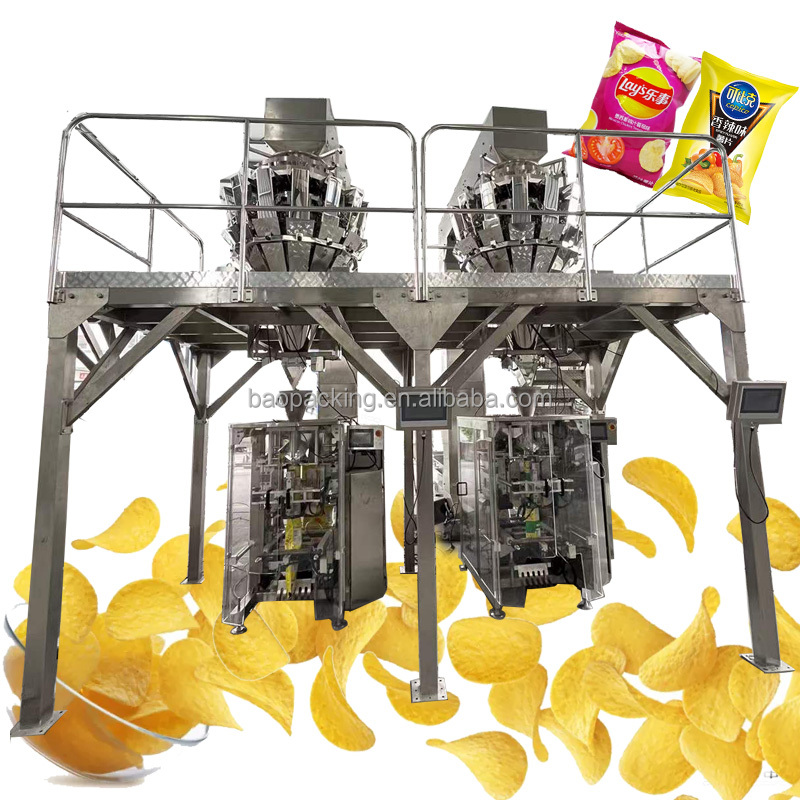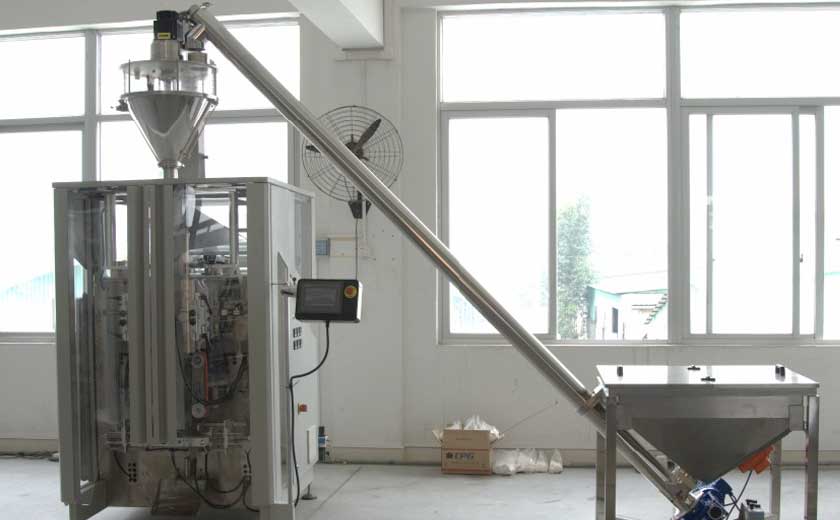The Importance of Hygiene in Pouch Liquid Filling Operations
Maintaining a hygienic environment is paramount in pouch liquid filling operations. Contamination can compromise the quality, safety, and shelf life of the products, posing significant risks to consumers and manufacturers alike. Adhering to strict hygiene protocols ensures the production of uncontaminated, high-quality products while safeguarding consumer health and brand reputation.
Control of Microbial Contamination
Microbial Contamination Mitigation
Pouch liquid filling operations are susceptible to microbial contamination from various sources, including raw materials, equipment surfaces, and personnel. To prevent microbial growth, rigorous sanitation measures are implemented throughout the process. Cleaning and disinfection protocols are meticulously followed to eliminate bacteria, yeast, and mold that can potentially contaminate the product.
Prevention of Cross-Contamination
Cross-contamination occurs when microorganisms are transferred from one product or surface to another. In pouch liquid filling operations, cross-contamination can be prevented by implementing dedicated production lines for different products and observing proper changeover procedures. Regular monitoring and testing of the environment and equipment ensure the absence of cross-contamination.
Environmental Monitoring and Control
Air Quality Management
Maintaining air quality is crucial in preventing airborne contamination. High-efficiency particulate air (HEPA) filters are employed to remove dust and particles from the production area. Regular air sampling and testing ensure the cleanliness of the environment and identify any potential sources of contamination.
Temperature and Humidity Control
Temperature and humidity play a significant role in microbial growth. Controlled temperature and humidity levels minimize condensation, which can promote the multiplication of microorganisms. Ventilation systems and dehumidifiers are used to maintain optimal conditions for hygienic production.
Personnel Hygiene Practices
Personal Protective Equipment (PPE)
Personnel working in pouch liquid filling operations are required to wear appropriate PPE, including hairnets, face masks, gloves, and protective clothing. PPE prevents the shedding of microorganisms from personnel into the production area, minimizing the risk of contamination.
Hand Hygiene and Sanitization
Proper hand hygiene is essential in controlling contamination. Regular handwashing and sanitizing before and after handling products and equipment prevents the transfer of microorganisms. Automated handwashing stations are often installed to facilitate frequent hand hygiene practices.
Equipment Hygiene and Maintenance
Cleaning and Disinfection of Equipment
All equipment used in pouch liquid filling operations must be regularly cleaned and disinfected to prevent the accumulation of microorganisms. Automated cleaning systems are employed to ensure thorough and efficient cleaning. Disinfection agents are used to eliminate any remaining microorganisms on equipment surfaces.
Equipment Calibration and Validation
Regular calibration and validation of equipment ensure accurate and consistent performance. Properly calibrated equipment minimizes the risk of overfilling or underfilling pouches, which can lead to product contamination or spoilage. Validation confirms that the equipment meets the required hygiene standards and operates effectively.
Documentation and Monitoring
Hygiene Management Plan
A comprehensive hygiene management plan outlines the protocols, procedures, and responsibilities for ensuring hygiene in pouch liquid filling operations. This plan provides a framework for all personnel to follow and serves as a reference for auditing and compliance purposes.
Regular Hygiene Audits and Inspections
Regular hygiene audits and inspections are conducted to assess the effectiveness of implemented hygiene measures. These audits evaluate the cleanliness of the environment, equipment, and personnel practices. Corrective actions are promptly taken to address any identified deficiencies and maintain the highest hygiene standards.
Hygiene is a critical aspect of pouch liquid filling operations that cannot be compromised. By implementing and adhering to strict hygiene protocols, manufacturers can ensure the production of safe, high-quality products that meet consumer expectations and regulatory requirements. Rigorous control of microbial contamination, environmental monitoring, personnel hygiene practices, equipment hygiene, and documentation and monitoring are essential components of a comprehensive hygiene management program that safeguards the integrity of pouch liquid filling operations and protects consumer health.
-

Overview of Packaging Machine Buying Guides
08-01-2024 -

How Does a Vertical Form Fill Seal Machine Work?
30-10-2023 -

Advancements in Auger Powder Filling Technology
27-10-2023 -

A Deep Dive into Automatic Packaging Machines
26-10-2023 -

The Revolutionary Fully Automatic Potato Chips Packaging Machine
20-09-2023 -

How to choose the right packaging machine?
23-08-2023 -

Reducing Waste And Maximizing Yield With Multihead Weigher Machines
15-03-2023 -

Nuts Packaging Machine for Dry Products Perservation
26-11-2022 -

Is Automated Biscuit Packaging Machine Better Than Manual Opeartion?
25-11-2022





